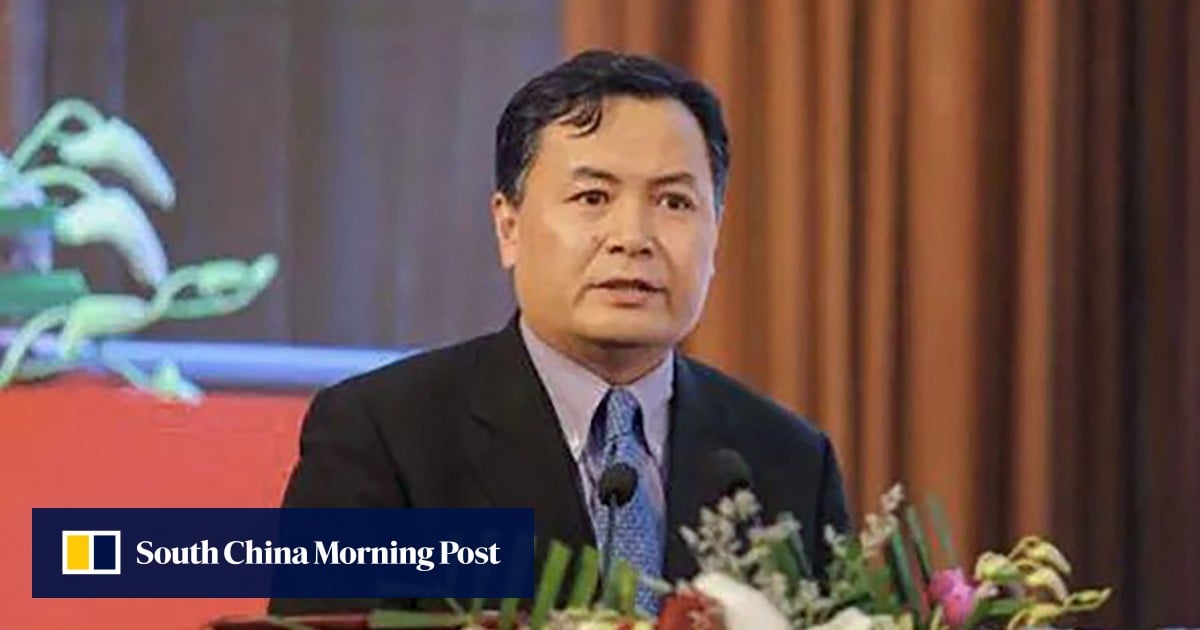
The Jiangsu branch of the CCDI vowed last year to target corruption and disorder surrounding local government financing vehicles (LGFVs), hybrid entities that are both public and corporate and were created to skirt restrictions on local government borrowing.
The CCDI also said Jiao interfered with the implementation of the country’s carbon-neutral goals and brought environmental damages to the Qinling, or Qin Mountains, in northwest China’s Shaanxi province. The mountain range is known for its rich biodiversity and is home to some of China’s most endangered wildlife and plants, including giant pandas, golden monkeys, golden takins and crested ibises.
“After an investigation, [it was found that] Jiao Xiaoping lost his ideals and beliefs, abandoned his original mission, and had no political consciousness,” the statement said. “[Jiao] ignored the important requirements of the Party Central Committee for the protection of the environment of the Qin Mountains. He went his own way and supported specific stakeholders to develop hydropower in the Qinling area, damaging the ecosystem of the Qin Mountains.”
Jiao, 57, had worked in various departments under the Ministry of Finance since 1989. Between 2016 and 2022, he was the director general of the China Public Private Partnerships Centre, a ministry unit in charge of supervising infrastructure investments co-funded by the private sector.
The CCDI placed Jiao under investigation in February, and in March he was removed from the posts of deputy commander of the Xinjiang Production and Construction Corps, a quasi-military organisation, and as deputy general manager of the state-owned China Xinjian Group, which is a financial vehicle of the corps, according to party mouthpiece Xinhua.
Jiao was also alleged to have accepted gifts, cash and debit cards, as well as attended banquets, which may have influenced his public duties. The CCDI added that he owned shares in non-listed companies, ran businesses on the side, and sought benefits for relatives and certain stakeholders. He also abused his position in getting loan approvals, in debt restructuring for other individuals, and in accepting large amounts of property.
The commission added that Jiao’s “illegal” gains would be confiscated, and that he would be prosecuted in “accordance with the law”.


